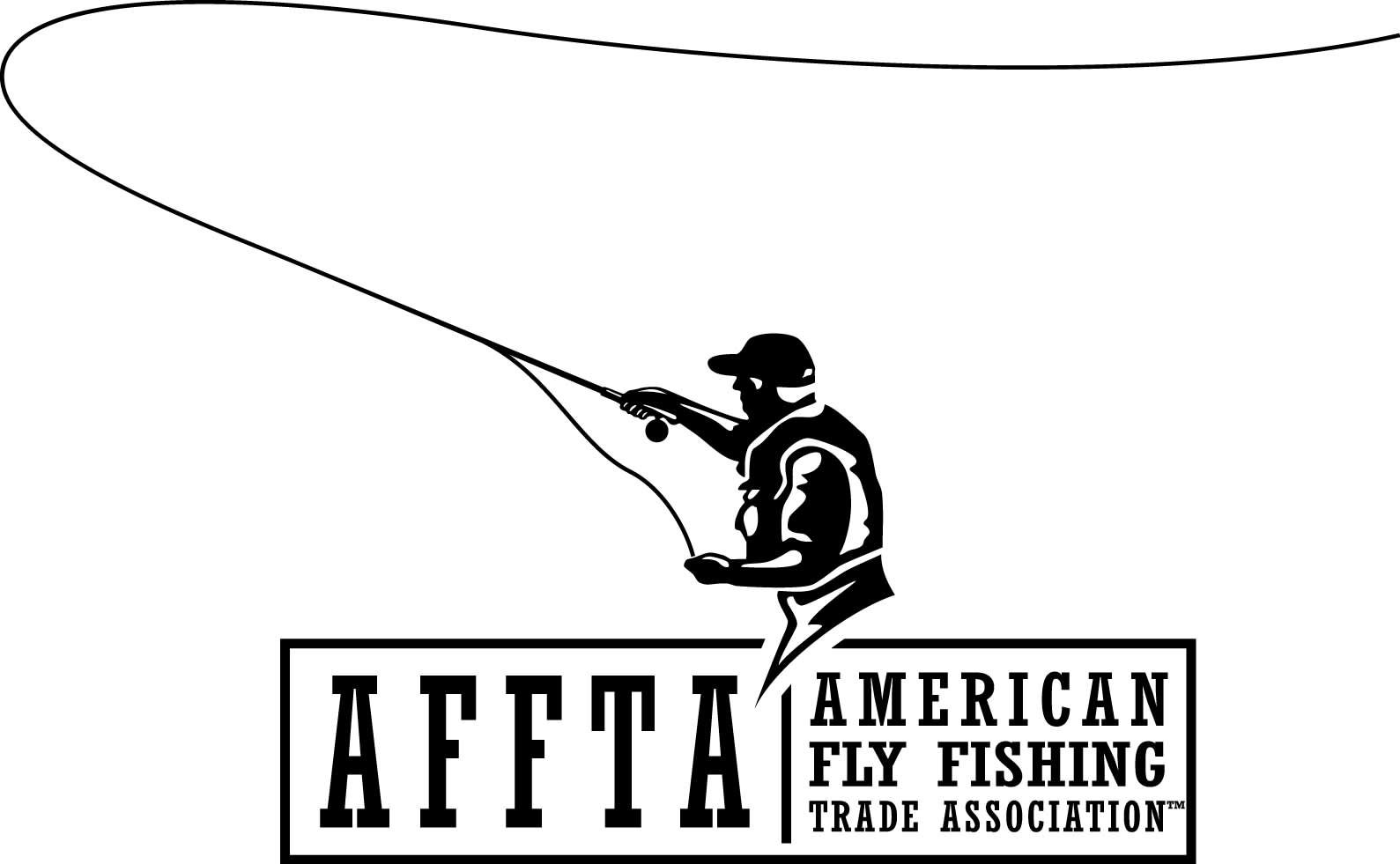American Fly Fishing Trade Association Joins TU in Opposing Bill that would Trash America’s Backcountry
OutdoorHub 07.20.11

WASHINGTON, D.C.—The American Fly Fishing Trade Association today joined Trout Unlimited and a host of other sporting and conservation organizations in opposing the so-called Wilderness and Roadless Area Release Act, which would remove all protections from the last, best fishing and hunting destinations in the United States.
“This bill takes direct aim at America’s sporting heritage,” said Jim Klug, co-owner of Yellow Dog Flyfishing Adventures and the chairman of the AFFTA board of directors. “Under the guise of improving access to the backcountry for all Americans—something that we all support—Congress is instead allowing the best remaining wild and native fish habitat to be developed by industry and penetrated by new roads and motorized trails. We already have enough roads and trails, and the government can’t afford to maintain even a small percentage of them today. We don’t need more roads. We need to protect what’s left of our backcountry, protect habitat, and protect our existing access.”
The bill, dubbed the Attack on our Sporting Heritage Act (ASH) by Trout Unlimited, would impact about 43 million acres of roadless backcountry from coast to coast, all on public lands within the U.S Forest Service and Bureau of Land Management systems. Inventoried roadless lands provide the best remaining fish and game habitat in the United States, and they’re vital for the persistence of wild and native trout. In the Rocky Mountain West, roadless lands shelter the bulk of the country’s remaining cutthroat trout and bull trout populations. Additionally, the best remaining spawning and rearing habitat for ocean-going steelhead and salmon is in streams flowing through or from the roadless backcountry.
“We’re grateful that AFFTA understands the intrinsic connection between habitat and opportunity,” said Steve Moyer, TU’s vice president for government affairs. “The fly fishing industry understands the opportunity public lands provide to all anglers, and keeping the backcountry just like it is today ensures the recreational fishing industry a promising future. We hope Congress will get the message and do away with this terrible idea that would tarnish the public lands that belong to every single American by birthright.”
Roadless areas throughout the United States are accessible to all Americans—many are bounded by paved highways, and others, despite the misleading status, are accessible by dirt roads and trails. Hunting and fishing are allowed on roadless lands—in fact, the country’s best hunting harvest rates for trophy deer and elk occur in hunting units that are predominantly roadless.
“Congress needs to understand that the roadless backcountry that exists today is very limited,” Moyer said. “Keeping it like it is gives sportsmen and women the opportunity to share with their children the places that look today much like they did generations ago.
“Rather than try to pass a ‘one-size-fits-all’ bill to determine the future of our roadless backcountry, Congress should instead do what we do all the time, and work with people on the ground who have a vested interest in the future of public lands near the places they call home. Doing otherwise puts our sporting culture at risk, because once the backcountry is gone, it’s gone.”

